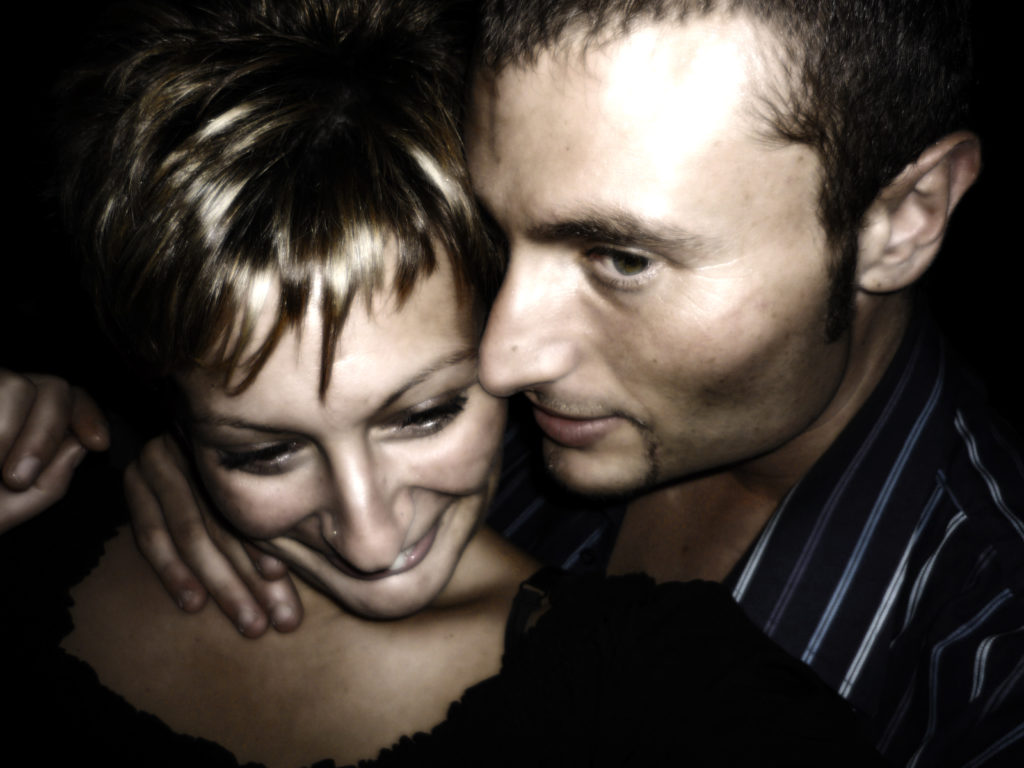When does healthy love turn to an obsessive love disorder

Obsessive Love Disorder
Love is a wonderful feeling, and the start of a relationship is such an exciting time of getting to know one another, mixed with the feeling of not being able to get enough of each other.
Wanting to spend time together is completely normal, but in a healthy relationship, both parties need to be able to function and be happy, without having to be joined at the hip. When you become reliant on the other person for your own happiness, the situation starts to transform from a healthy love – to an obsessive love disorder.
This obsession can present itself in many ways, and sometimes we may not be aware of it straight away.
- Do you get jealous of your partner spending time with other people, when they could be spending time with you?
- When you aren’t together, do you feel compelled to know exactly where they are, and who they are with?
- Are you incapable of being happy or living a functional life when they aren’t around?
- Have you ever accused your partner of infidelity with no evidence or reason, besides your own insecurity?
- Do you live in a constant fear that the relationship is going to end?
These are classic feelings of anxiety and insecurity that manifest within people suffering from Obsessive Love Disorder. However, it’s not only when you are in a relationship that this disorder can be a problem.
Breakups are a painful part of life for everyone. It’s like a grieving process that we have to go through to heal and move on. People who suffer from Obsessive Love Disorder struggle with letting go, and instead of accepting the fact that the relationship is over, they obsess about getting the relationship back and truly believe that this person is their sole reason for living, and that life can’t go on without them.
- Are you in denial about a breakup?
- Do you constantly monitor your ex’s social media profiles to see changes to their status, profile picture or friends list?
- Have you ever driven by your ex’s home, workplace or known hangouts just to see where they are and who they are with?
There can be many causes of Obsessive Love Disorder, with most of them stemming from childhood experiences of abuse, abandonment or feeling unworthy of love. Lack of self-esteem is a big contributor to feelings of insecurity and dependency.
Whatever the underlying issue is, it doesn’t have to be a life sentence. Hypnosis, Life Coaching, and NLP can have a huge impact on those negative emotions by allowing you to discover your true self-worth while changing your destructive behaviors and beliefs.
Have you ever experienced any symptoms of Obsessive Love Disorder? How did you deal with it?










